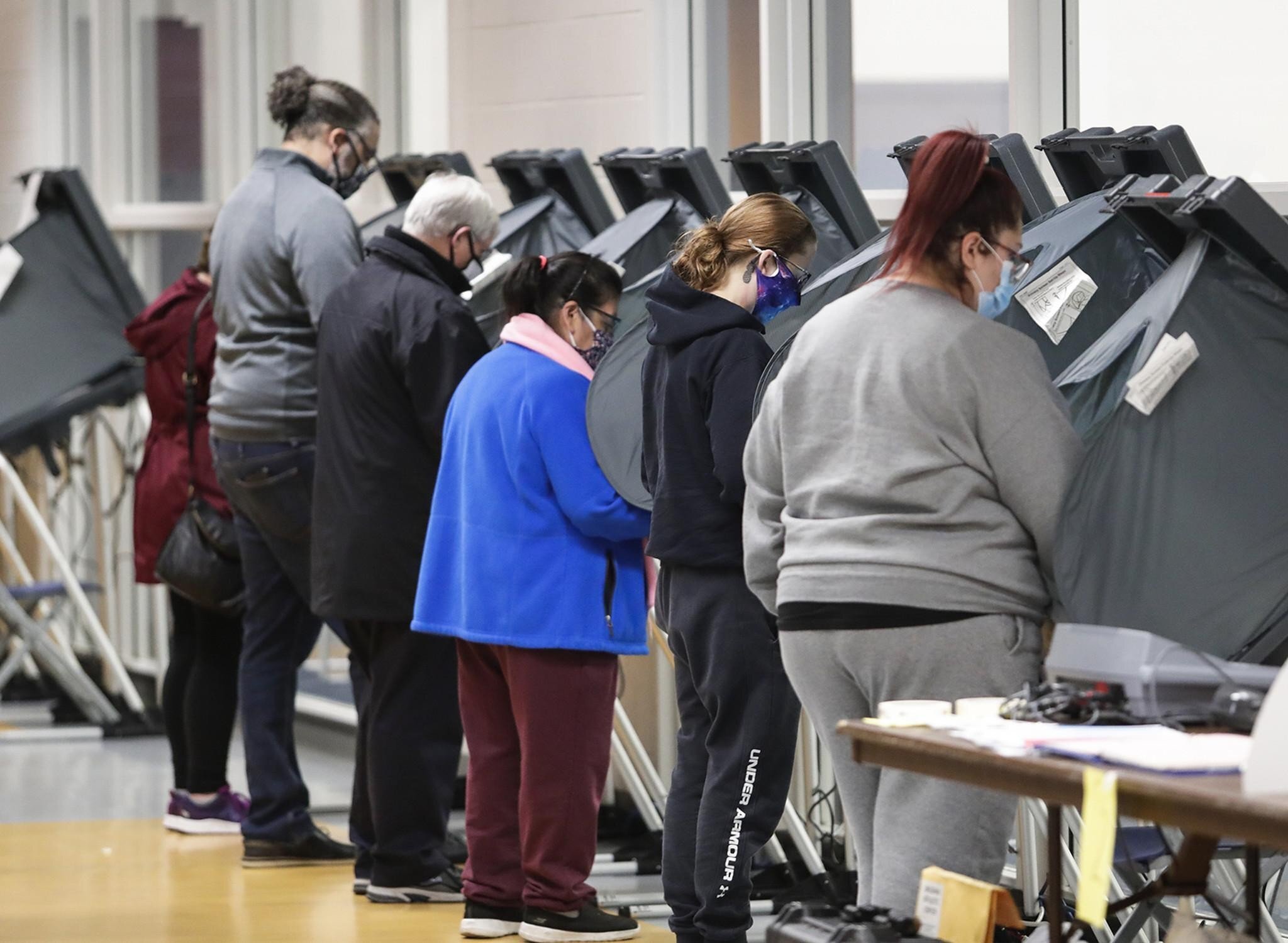On February 22, 1983, Harold Washington won the Democratic primary for mayor, with 36 percent of the vote. With nearly unanimous support from the Black community, Washington defeated a pair of Irish candidates—incumbent mayor Jane Byrne and future mayor Richard M. Daley—who split the white ethnic vote. After Washington was inaugurated, 29 white aldermen formed a bloc to oppose his administration, setting off the Council Wars which would define Chicago politics for the next four years.
Just imagine, though, if Chicago had used ranked-choice voting in 1983. Daley, the third place candidate, would have been eliminated after the first round. His supporters’ votes would then have been distributed to their second choice. Can you imagine Daley voters in Bridgeport and Beverly listing Harold Washington as the second choice on their ballots? Or listing him at all? The landslide majority of Daley’s support would have gone to Byrne, electing her to a second term. Thus, no Mayor Washington. No Council Wars. And a young Columbia University graduate might not have applied for a job as a community organizer in Jane Byrne’s Chicago. So no President Obama, either. The history of Chicago, the nation, and the world would be very different.
Nearly 40 years after Harold Washington’s election, there are campaigns to bring ranked-choice voting to Chicago and Illinois—by the exact same sort of progressive reformers who would have voted for city’s first black mayor. Should they be careful what they wish for?
Ranked-choice voting was a good-government pipe dream in 1983, but it has now been adopted by two states and 32 cities. Maine voters approved it in 2016. Two years later, a congressional candidate who finished second in the first round of balloting won the election with second- and third-place votes. Last November, Alaska became the second state to adopt the system.
Now, there’s a campaign to bring it to Illinois. A bill sponsored by Rep. Jaime Andrade, D-Chicago, proposes to use RCV in general elections for the legislature and statewide constitutional officers. It’s currently under consideration by the House Ethics & Elections Committee. State Sens. Laura Murphy, D-Des Plaines, and Mike Simmons, D-Chicago, are sponsoring a similar bill in the Senate.
FairVote Illinois is an organization devoted exclusively to bringing RCV to the state. Executive director Andrew Szilva believes the system reduces political polarization, builds trust in government, and—despite the fact that it would have sunk Washington’s campaign—leads to the election of more minorities and women.
“What we’re finding is in places that use RCV, it ensures minority support,” Szilva said. “It changes how candidates appeal to voters. Rather than just appealing to their bases, they’re encouraged to appeal to the whole electorate. Places that use RCV have seen an increase of representation by minorities.”
That, however, may have as much to do with the communities using RCV as the system itself. Minneapolis, St. Paul, San Francisco, Portland, Santa Fe, Oakland, Berkeley and Cambridge all elect their city councils with ranked-choice voting. Cities open to RCV are also open to electing minority candidates. On the other hand, Southern states use runoff elections to prevent Black candidates from winning by splitting the white vote—as Washington did. (To be fair to RCV, Washington would not have won under the city’s current non-partisan runoff system, either.)
21st-century Chicago has more in common with the above-mentioned liberal cities than it does with the Chicago of 1983. In the last mayoral election, the two finalists were Black women. No one seemed uptight about it. Nonetheless, said Szilva, that election is a great argument for RCV, since the winners emerged from a large field with small shares of the vote: “There were 14 candidates, and the top two, Lori Lightfoot and Toni Preckwinkle, had about 17 and 16 percent of the vote. They got about a third of the vote combined. The idea that the two people that go on got that few votes feels incredibly wrong and broken.”
(Tribune columnist Eric Zorn, a proponent of RCV, conducted an exercise in which he projected which mayoral candidate would have won under the system. His conclusion: Lightfoot.)
47th Ward Ald. Matt Martin has been exploring RCV as a means of saving money and increasing voter participation by consolidating the city’s elections from two rounds to one. “I think we should be doing everything we can to ensure folks participate in the elections,” said Martin, who is still looking into whether the voting system can be changed by the City Council, or would require a citywide referendum.
The strongest argument for RCV is that it prevents “spoilers” from changing the outcome of an election. If Florida had used RCV in 2000, Al Gore would have won the state’s electoral votes as the second choice of Ralph Nader’s left-leaning voters. Here in Illinois, Paul Vallas would have defeated Rod Blagojevich in the 2002 Democratic primary for governor. In the first-past-the-post election, Blagojevich got 36 percent, Vallas 34 percent, and Roland Burris 25 percent. Since Vallas finished second to Burris in Chicago’s Black wards, it’s reasonable to assign him most Burris supporters’ second-place votes, thus sparing Illinois—and Blagojevich—a lot of trouble.
Getting an RCV bill through the Illinois legislature is going to be a heavy lift. Most politicians are reluctant to change a system that elected them. Maine and Alaska adopted RCV through popular referenda. Since the bill only applies to general elections, its impact would be limited. Most legislative seats are won in primaries, especially in Chicago. Nonetheless, FairVote Illinois sees it as the first step to a more just electoral system.
“We want to see ranked-choice voting at every level of voting,” Szilva said. “I fully anticipate that we’ll get ranked-choice voting in Illinois.”




Comments are closed.